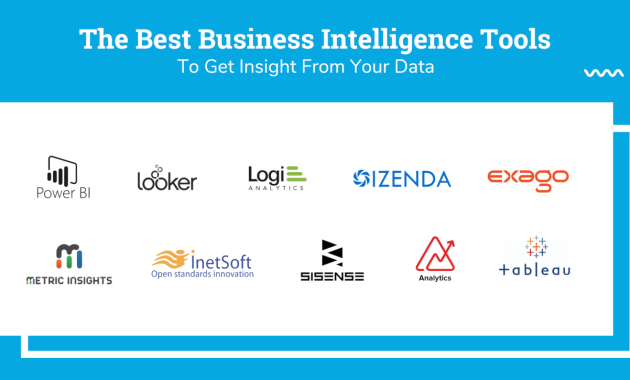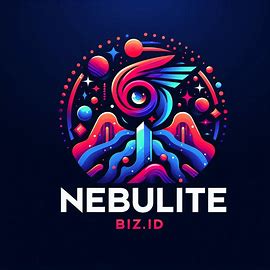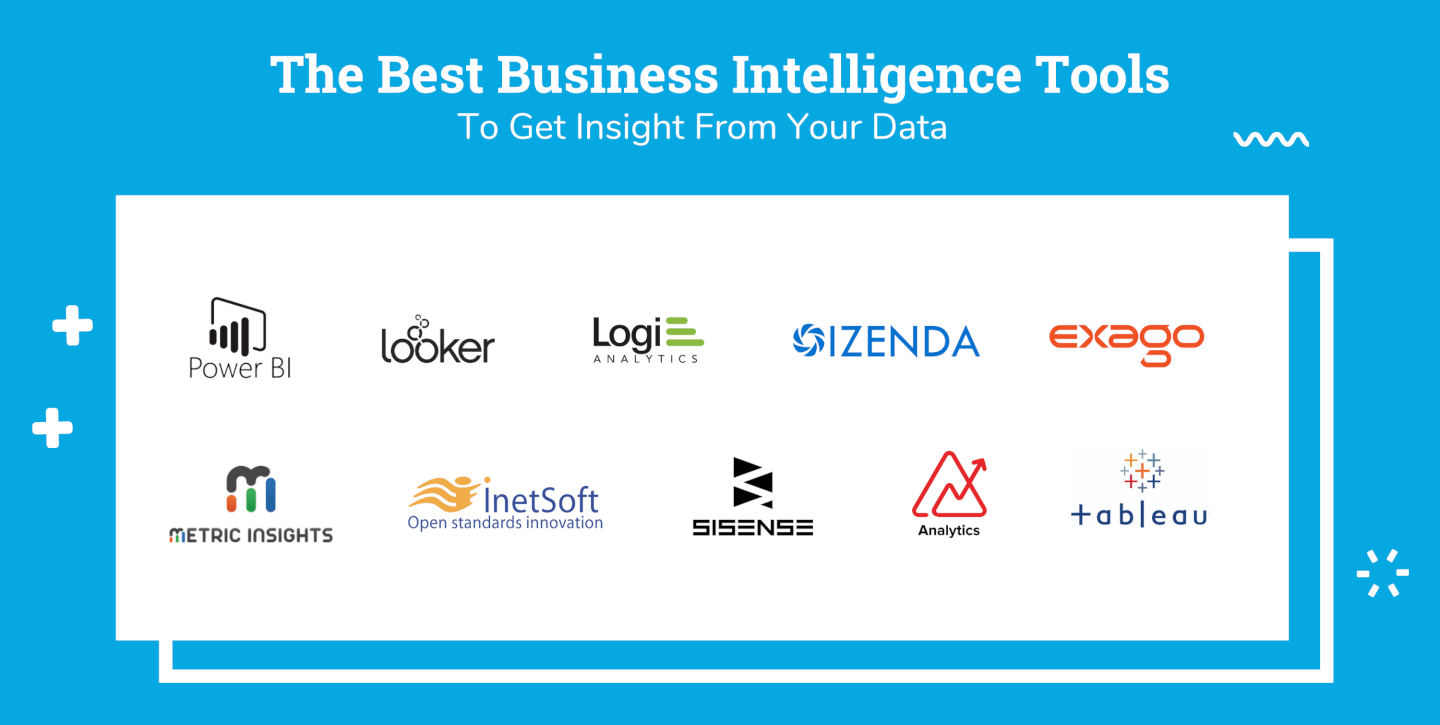
Mastering 10 Business Intelligence Tools With the Highest ROI: A Practical Guide
In today’s data-driven landscape, businesses are drowning in information. The challenge isn’t a lack of data, but the ability to extract meaningful insights. This is where business intelligence (BI) tools come into play. They transform raw data into actionable intelligence. This guide explores 10 powerful business intelligence tools. These tools offer the potential for the highest return on investment (ROI). We’ll delve into their functionalities, strengths, and how they can revolutionize your decision-making process. The goal is to empower you to choose the right tools. They must align with your specific business needs.
The Power of Business Intelligence
Business intelligence is more than just reporting. It’s about understanding your business. It is using data to make smarter decisions. Effective BI tools provide a comprehensive view of operations. They also help identify trends, and uncover opportunities. This leads to improved efficiency, profitability, and competitive advantage. The right BI tools can significantly impact your bottom line. They empower you to proactively address challenges and capitalize on opportunities. The return on investment can be substantial.
Key Considerations Before Choosing BI Tools
Before diving into specific tools, consider your needs. What are your primary goals? What data sources do you need to connect? What is your team’s technical expertise? Consider the following:
- Data Sources: Identify your data sources (databases, spreadsheets, cloud services).
- Reporting Needs: Determine the types of reports and dashboards you need.
- User Skills: Assess your team’s technical skills and training needs.
- Budget: Set a realistic budget for software, implementation, and training.
- Scalability: Choose a tool that can grow with your business.
Top 10 Business Intelligence Tools for Maximum ROI
1. Microsoft Power BI
Microsoft Power BI is a leading BI tool. It is known for its user-friendly interface and powerful features. Power BI integrates seamlessly with other Microsoft products. It allows for easy data connection and visualization. Key features include interactive dashboards, data modeling, and data analysis. Power BI offers robust reporting capabilities. It is a good choice for businesses of all sizes.
Key Benefits: Easy to use, affordable, strong integration with Microsoft ecosystem. Excellent for creating interactive dashboards and reports. It is also ideal for real-time data analysis.
2. Tableau
Tableau is a popular choice for data visualization and analysis. It is renowned for its intuitive drag-and-drop interface. It allows users to create stunning visualizations. Tableau supports a wide range of data sources. It offers advanced analytics features. This includes data blending and calculated fields. Tableau is ideal for businesses that need sophisticated data visualization capabilities.
Key Benefits: Powerful data visualization, easy to use, excellent for data exploration. It offers advanced analytics features. Tableau is a good choice for creating compelling data stories.
3. Qlik Sense
Qlik Sense is a self-service BI platform. It is known for its associative data modeling engine. This allows users to explore data in new ways. Qlik Sense supports a wide range of data sources. It offers advanced analytics and data storytelling features. Qlik Sense is well-suited for businesses that need to empower users with data exploration capabilities.
Key Benefits: Associative data modeling, self-service BI, user-friendly interface. It is perfect for in-depth data exploration and discovery. It supports a wide range of data sources.
4. Looker (Google Cloud)
Looker is a modern BI platform. It is built on a powerful data modeling layer. Looker allows businesses to define metrics consistently. It supports data governance. Looker integrates seamlessly with Google Cloud. It is ideal for businesses that use Google Cloud services.
Key Benefits: Powerful data modeling, strong data governance, seamless Google Cloud integration. It offers sophisticated analytics features. Looker is ideal for large enterprises.
5. Domo
Domo is a cloud-based BI platform. It offers a comprehensive suite of features. These include data integration, visualization, and collaboration. Domo is designed for ease of use. It provides real-time data insights. Domo is a good choice for businesses that need a unified BI platform.
Key Benefits: Cloud-based, comprehensive features, real-time data insights. Domo is ideal for collaboration. It is also easy to use. It is a good choice for businesses of all sizes.
6. Sisense
Sisense is a BI platform. It is known for its focus on data preparation and analysis. Sisense allows users to connect to various data sources. It also offers advanced analytics capabilities. Sisense is designed for both technical and non-technical users. Sisense is a good choice for businesses that need to prepare large datasets.
Key Benefits: Strong data preparation, advanced analytics, user-friendly interface. It is ideal for handling large datasets. Sisense is a good choice for businesses that need to analyze complex data.
7. SAP Analytics Cloud
SAP Analytics Cloud is a cloud-based BI solution. It integrates with SAP applications. It provides a comprehensive set of features. These include planning, predictive analytics, and business intelligence. SAP Analytics Cloud is ideal for businesses that use SAP software. It is a good choice for large enterprises.
Key Benefits: Integration with SAP, comprehensive features, cloud-based. It offers planning and predictive analytics. SAP Analytics Cloud is ideal for large enterprises.
8. Zoho Analytics
Zoho Analytics is a self-service BI and analytics platform. It offers a user-friendly interface. It is designed for small and medium-sized businesses. Zoho Analytics supports a wide range of data sources. It offers reporting and data visualization capabilities. Zoho Analytics is ideal for businesses that need an affordable BI solution.
Key Benefits: Affordable, user-friendly, supports many data sources. It is ideal for small to medium-sized businesses. Zoho Analytics offers reporting and data visualization capabilities.
9. Dundas BI
Dundas BI is a comprehensive BI platform. It offers a wide range of features. These include data visualization, dashboards, and reporting. Dundas BI is designed for both developers and business users. It is a good choice for businesses that need a highly customizable BI solution.
Key Benefits: Highly customizable, comprehensive features, versatile. It is ideal for advanced users. Dundas BI offers a lot of flexibility.
10. Yellowfin BI
Yellowfin BI is a collaborative BI platform. It is known for its strong data storytelling capabilities. Yellowfin BI offers features. These include automated insights and data alerts. Yellowfin BI is a good choice for businesses that need to share insights. It is also a good choice for collaborative decision-making.
Key Benefits: Collaborative, strong data storytelling, automated insights. It is perfect for sharing insights. Yellowfin BI facilitates collaborative decision-making.
Maximizing ROI with Business Intelligence Tools
Choosing the right business intelligence tools is just the first step. To maximize ROI, consider the following:
- Data Quality: Ensure the accuracy and consistency of your data.
- User Training: Provide adequate training to your team.
- Implementation: Implement the tools effectively.
- Data Governance: Establish data governance policies.
- Continuous Improvement: Regularly review and optimize your BI processes.
The Future of Business Intelligence
The future of business intelligence is promising. Trends like artificial intelligence (AI) and machine learning (ML) are transforming the landscape. These technologies are automating data analysis. They are also providing predictive insights. Businesses that embrace these advancements will gain a significant competitive edge. The integration of AI and ML will make business intelligence tools even more powerful. They will provide deeper insights and drive better decision-making.
Conclusion: Choosing the Right Tools for Success
Selecting the right business intelligence tools is crucial for business success. Carefully evaluate your needs and explore the options. Consider the tools discussed. Microsoft Power BI, Tableau, Qlik Sense, and others. Each tool offers unique strengths. Choose the tools that align with your goals. Implement them effectively and focus on data quality. This approach will help you unlock the power of your data. It will also lead to a higher ROI. Embrace the future of BI. Stay informed. Stay adaptable. You can achieve data-driven success.
Business intelligence tools are essential for modern businesses. They transform raw data into actionable insights. They empower businesses to make better decisions. The right tools can significantly impact ROI. They can drive profitability and competitive advantage. By understanding your needs and carefully evaluating the options, you can choose the best tools. You can achieve data-driven success.
[See also: Data Visualization Best Practices]
[See also: How to Choose the Right BI Tool for Your Business]
[See also: The Role of AI in Business Intelligence]

